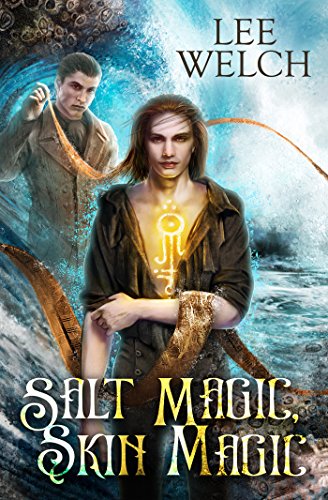"Do you think that the size of the book is justified by the complexity of the story?" Grey asked ...I read Voyager (on Kindle, fortunately: the paper version is over a thousand pages long) in order to understand the context in which the Lord John Grey books are set. (See Lord John and the Private Matter, Lord John and the Brotherhood of the Blade, Lord John and the Hand of Devils). Also because, as mentioned in previous reviews, I had found Gabaldon's prose easy, entertaining and engaging to read.
"What is it -- twelve hundred pages? Aye, I think so. After all, it is difficult to sum up the complications of a life in a short space with any hope of constructing an accurate account."
"True. I have heard the point made, though, that the novelist's skill lies in the artful selection of detail. Do you not suppose that a volume of such length may indicate a lack of discipline in such selection, and hence a lack of skill?"
"...In this case ... I think it isna so. Each character is most carefully considered, and all the incidents chosen seem necessary to the story." [p. 168. Jamie and John are discussing Samuel Richardson's Pamela -- or are they?!]
Voyager packs an awful lot of plot into its thousand pages. (That leading quotation indicates that Gabaldon is well aware of the perils of this approach.) Parts of the novel are set in 1968, when Jamie Fraser's time-travelling wife Claire resolves to return to Jamie in The Past. In the eighteenth century, it covers the period 1746 to 1767. The Lord John novels and novellas fit neatly into the gaps in Voyager, being set between 1756 and 1761: one pleasure of reading Voyager was the exploration of Lord John's complex friendship with Jamie Fraser, and his post-army career.
I didn't take to Claire, though she is a competent and passionate heroine. Most of her narrative is first-person, while other scenes are third-person: that jarred, and I might have liked Claire better if I'd seen her through a more objective lens.
Coincidences abound; the cast is large, and prone to melodrama and misbehaviour, as well as quite illogical flights of jealousy; a number of famous figures (or their ancestors) make fleeting appearances. Almost all of Jamie and Claire's friends and relations are disaster-prone: kidnapping, rape, blackmail, murder, shipwreck, betrayal ... And it is one thing after another, after another, after another. There's only the slightest sense of resolution at the end -- for, after all, there are another five books, so far, in the sequence.
I found the best stratagem was to suspend my critical faculties -- or at least the ones that focus on structure and credibility -- and enjoy the ride. And on that basis (and admittedly skimming some of the Jamie-and-Claire scenes) Voyager gave me exactly what I wanted: entertainment, amusement, engagement, and more of Lord John Grey's story.











